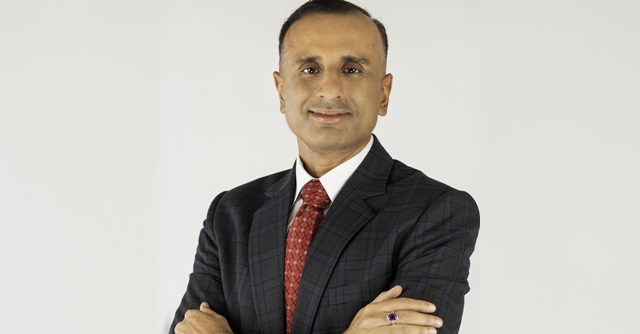
How data analytics can be a gamechanger for healthcare sector


Optimising Care and Cost in Healthcare: The Dual Impact of Data Analytics
In this fast-paced environment, data isn't just a resource but has become the lifeline of healthcare organisations. Numbers suggest that healthcare generates 30% of the world's data, and it will reach 36% by 2025. If this data is processed effectively, it has the potential to transform the healthcare industry by improving health outcomes and streamlining operations. Thus, resolving the concerns related to rising costs and increasing patient needs.
The Power of Data Analytics: Improving Patient Outcomes

Everyday tons of medical records are generated in hospitals. Analysis of a patient's historical and real-time data provides the scope to design personalised treatment while predicting future risks; thus, allowing early intervention. This will have a positive impact both on the patient's health outcomes and financial burden.
One of a global healthcare leading institution that is taking advantage of predictive analytics is Johns Hopkins. It has integrated a tool called Targeted Real-Time Early Warning System" (TREWS). This tool helps detect sepsis in patients. This, in turn, has allowed the clinicians to detect the early signs of sepsis; thus, letting them reduce sepsis-related mortality by 50%.
By leveraging predictive data analytics, Singapore's National University Health System (NUHS) has been able to identify patients at high risk of hospital readmission within 30 days. This has led to a reduction in readmission rates and improved patient outcomes.

Moreover, data analytics can be a game-changer in precision medicine – a new trend offering unique therapy to individuals depending on their genetic architecture, medical background and other habits. Thus, allowing physicians to prescribe the most effective drug rather than experimenting with the drugs. This is, especially, a major breakthrough for the field of oncology.
Data analytics helps uncover patterns, anticipate flare-ups, and provide timely interventions, particularly in chronic diseases, enabling organizations to manage chronic conditions more effectively.
The Power of Data Analytics: Streamlining Operations

Data analytics is also streamlining healthcare operations. It could optimise the usage of the finite resources of an organisation without affecting the outcomes and efficiency. With the help of data analytics, Stanford Health Care has been optimising its operating room scheduling. It analyses the historical data on surgeries, recovery times, and patient turnover. Thus, letting the organisation perform more procedures per day by improving scheduling accuracy and reducing operating room downtime.
Similarly, it also has the potential to predict how many patients would come in a day using a patient census from the previous history; thus, facilitating staffing and workforce management.
In addition, data analytics is important in managing the supply chain. Based on data about inventories and purchasing strategies, healthcare providers may reform and enhance their supply chains. Models showing demand for certain medical supplies can be created in company systems to avoid the impact of excessive or insufficient supply. This leads to savings in unnecessary expenses and the availability of timely supplies.
Tackling issues and the ethical aspect

A wide range of advantages come with data analytics implementation in a healthcare institution; however, challenges are also palpable. The first one is maintaining the quality and collation of healthcare information. The healthcare information is primarily unstructured, available through multiple databases, and often incomplete, undermining any analysis and decision-making forms. Therefore, it will be immensely risky if the decisions are made solely relying on the data; thus, demanding the need for a resource that will help in making informed decisions after considering all the aspects.
Another crucial issue that cannot be ignored is the concern related to data privacy and security. Medical data is highly sensitive, and any breach can compromise a patient's confidentiality. Moreover, the prevalence of potential bias in predictive algorithms further raises concerns related to the equitability and fairness of the treatment. Thus, this demands the need to maintain transparency about data usage while receiving consent from the patients and family members. Therefore, it is of utmost importance that healthcare organisations maintain a balance between innovation and responsibility. This will help to overcome ethical concerns while ensuring that the welfare of the patients is not compromised.
Conclusion

Indeed, data analytics in the healthcare field today is seen as a paradigm shift with the potential to improve patient care, business processes, and creativity. Using data, the healthcare provision systems will be able to give tailored attention to patients while lowering the expenditures and the rate of patient dissatisfaction. Of course, issues, including data quality and privacy, need criticism. Still, the increasing relevance of data analytics will help advance the healthcare sector while letting organisations fully utilise every second to save a patient's life while optimising its operational efficiency.

Saurav Kasera
Saurav Kasera is the Co-Founder of CLIRNET (Creators of DocTube).
